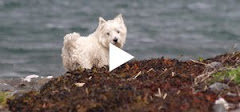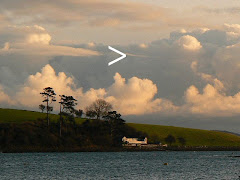Truman and Churchill
Sixty-six years ago today, President Harry S Truman (the 'S', by the way, was a name, not an initial) celebrated his sixty-second birthday. He also announced Victory in Europe to the American people, and qualified his announcement with the words, 'The war is but half-won' - alluding, of course, to Japan. He had taken office only four weeks earlier, following Franklin Roosevelt's sudden death, and on the same day had been briefed by the Secretary of War, Henry Stimson, on the Manhattan Project in New Mexico. The word from Los Alamos was that the scientists were just weeks away from testing an atomic device, and in fact the Trinity test took place on 16th July.
Truman was a down to earth and unassuming man, but made it clear when he took office that he would be the one making the decisions while America was still at war, and that he expected the support of his cabinet. The biggest decision of his life came on 6th August, when he authorised the dropping of an atomic bomb on Hiroshima. In the days following, there was no response from Japan - so on 9th August he authorised another, on Nagasaki. All told, 220,000 people are thought to have died. The Japanese surrendered unconditionally five days after Nagasaki, and Truman held, for the rest of his life, to the conviction that he had done the right thing. "I knew," he said, " what I was doing when I stopped the war ... I have no regrets and, under the same circumstances, I would do it again."
***
It's interesting that while Truman, even as Vice-President, had been kept in ignorance of the Manhattan Project, Stalin (through espionage, not because he was kept informed) apparently knew all about it.















